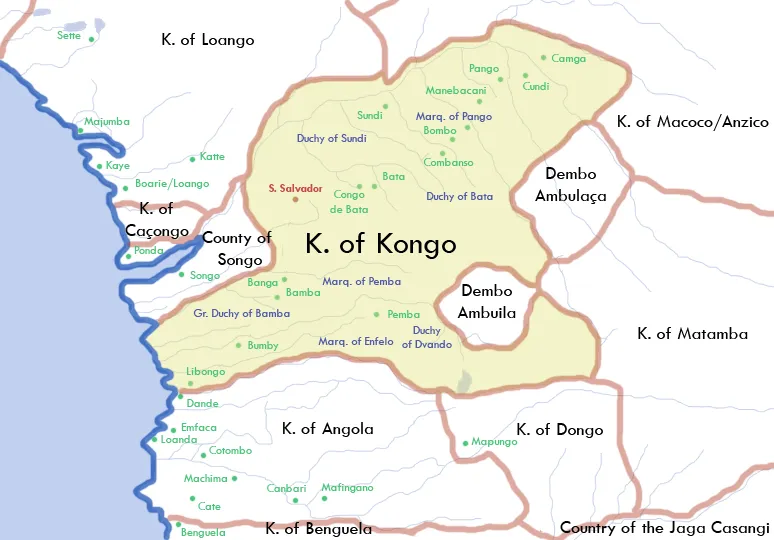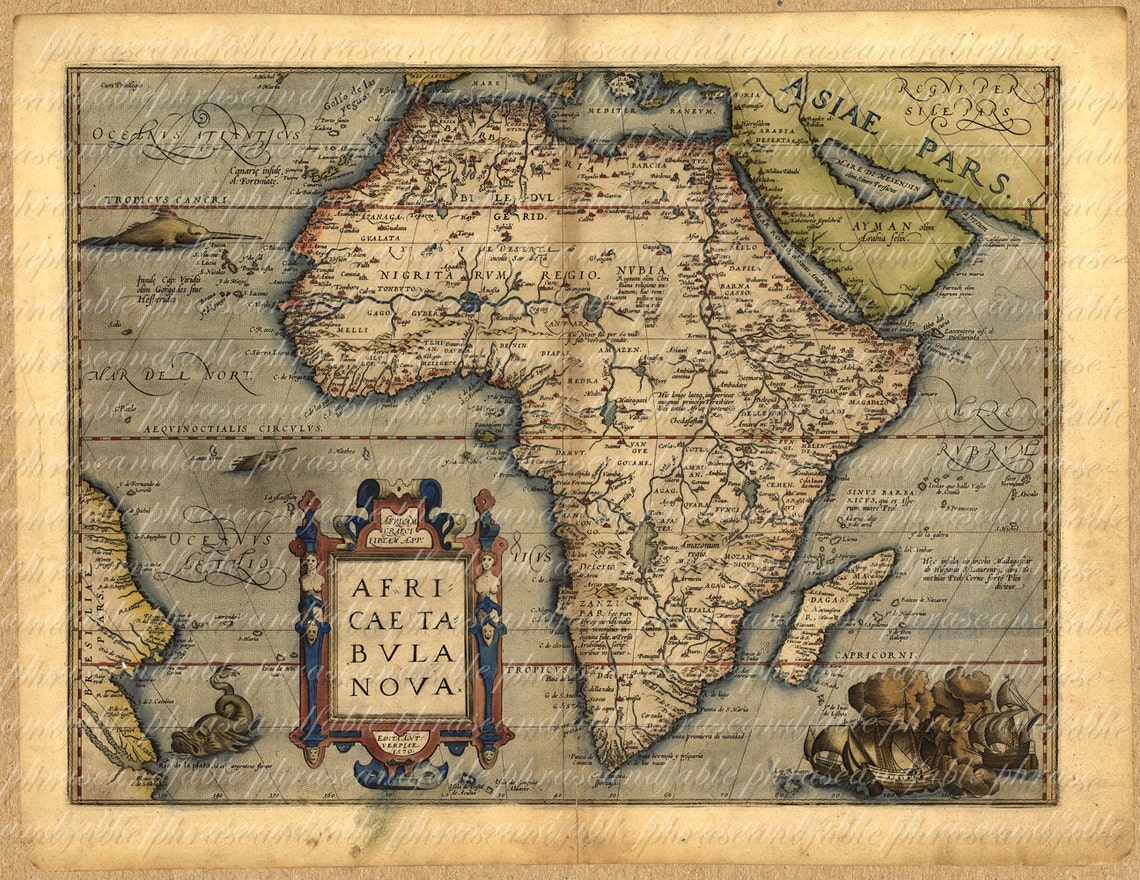- My Forums
- Tiger Rant
- LSU Recruiting
- SEC Rant
- Saints Talk
- Pelicans Talk
- More Sports Board
- Fantasy Sports
- Golf Board
- Soccer Board
- O-T Lounge
- Tech Board
- Home/Garden Board
- Outdoor Board
- Health/Fitness Board
- Movie/TV Board
- Book Board
- Music Board
- Political Talk
- Money Talk
- Fark Board
- Gaming Board
- Travel Board
- Food/Drink Board
- Ticket Exchange
- TD Help Board
Customize My Forums- View All Forums
- Show Left Links
- Topic Sort Options
- Trending Topics
- Recent Topics
- Active Topics
Started By
Message
Posted on 4/17/25 at 9:41 pm to Trevaylin
quote:
Wilbur Smith
My all time favorite author.
Posted on 4/17/25 at 9:42 pm to HailHailtoMichigan!
On top of the geography, the civilizations that did arise were incredibly brutal. The methods employed by Shaka Zulu for one would impress even the famously nasty Comanche. You can't find much on today's highly curated internet other than what a great strategist and innovator he was. IIRC Victor Davis Hanson's "Carnage and Culture" has much of the detail that has been cleansed from Google hits.
You can also learn a good bit from the book "African Kaiser" (Amazon link) which details the WWI campaign in German West Africa against the Brits and their allies. The German General, Paul von Lettow-Vorbeck, used native troops extensively throughout his ranks, and was the first fully integrated army of modern times. There is a lot of insight into the regional cultures in the book, including an episode involving a witch doctor turning an entire tribe against the people that had lifted them out of poverty and subsistence farming.
Lettow-Vorbeck was so respected by his native troops that, upon becoming an independent country after WWII, a delegation was sent to find him in Germany to seek advice on how to govern and set up the government to achieve the same results he and the colonial governor had been getting for the people at the start of WWI.
You can also learn a good bit from the book "African Kaiser" (Amazon link) which details the WWI campaign in German West Africa against the Brits and their allies. The German General, Paul von Lettow-Vorbeck, used native troops extensively throughout his ranks, and was the first fully integrated army of modern times. There is a lot of insight into the regional cultures in the book, including an episode involving a witch doctor turning an entire tribe against the people that had lifted them out of poverty and subsistence farming.
Lettow-Vorbeck was so respected by his native troops that, upon becoming an independent country after WWII, a delegation was sent to find him in Germany to seek advice on how to govern and set up the government to achieve the same results he and the colonial governor had been getting for the people at the start of WWI.
This post was edited on 4/17/25 at 9:43 pm
Posted on 4/17/25 at 9:43 pm to HuskyPanda
quote:
Kush and Aksum
Dan Carlin did a whole episode on these.
Posted on 4/17/25 at 10:19 pm to UFFan
ChatGPT can provide you with info.
Posted on 4/17/25 at 10:32 pm to HailHailtoMichigan!
quote:Native Americans didn't have any of those problems.
Rivers that are near impossible to navigate
Poor soil
Sahara desert
Posted on 4/17/25 at 10:48 pm to UFFan
Posted on 4/17/25 at 11:48 pm to UFFan
Wakanda bitch.
Not to disappoint you but the Kangs never built anything. They were too busy Kanging.
Not to disappoint you but the Kangs never built anything. They were too busy Kanging.
Posted on 4/18/25 at 2:22 am to HuskyPanda
quote:
A quick Google search afforded me a laundry list of both the civilizations of sub-Saharan Africa, such as the Kush and Aksum; as well as the long history of the area.
I also did a quick google search and neither the Kush nor Aksum kingdoms were in sub-Saharan Africa.
Posted on 4/18/25 at 5:19 am to UFFan
The richest man in world history, Mansa Musa (the Mali Empire)
He singlehandedly gave out so much gold in Egypt, he crashed the economy for decades.
He singlehandedly gave out so much gold in Egypt, he crashed the economy for decades.
Posted on 4/18/25 at 6:04 am to AUveritas
He owned a large number of slaves apparently. He was 250 years ahead of the Atlantic slave trade. In addition he travelled with a large entourage. A real trendsetter.
Posted on 4/18/25 at 10:19 am to OweO
quote:
ChatGPT can provide you with info.
Highly curated to put a positive spin on everything.
Posted on 4/18/25 at 10:32 am to GetCocky11
quote:
I just read a 500 page history of the Congo. And it only went back 150 years.
Beyond that and the documented history gets into the sordid treatment and enslavement of these poor people since at least the late 1400s.
HEREis a pretty good research dive into the Congo territory's history from Substacker, 'Yaw':

quote:
The Kongo Kingdoms (1390-1914)
“Each day the traders are kidnapping our people- children of this country, sons of our nobles and vassals, even people of our own family… This corruption and depravity are so widespread that our land is entirely depopulated. My Lord, a monstrous greed pushes our subjects, even Christians, to seize members of their own families, and of ours, to do business by selling them as captives.” - King Afonzo of the Medieval Kongo Kingdom to King Joao III of Portugal about the depravity of the slave trade in 1526
The "Kingdom of Congo" (now usually rendered as "Kingdom of Kongo" to maintain distinction from the present-day Congo nations)
The Kongo Kingdoms of Kongo, Luba, and Luanda bordered modern day North Angola, Western Democratic Republic of Congo, and most of Congo-Brazzaville with 60K people in 1390.
The Kongo Kingdoms had laws, traded with Africans and Arabs in ivory, spices, slaves, rubber, manufactured copperware, cloths, and pottery. However, the arrival of the Portuguese in 1482 expanded the slave trade by making a deal with the Kongo Kings. Portugal couldn’t go into the interior of Africa since they died of malaria, so the main Kongo Kingdom, led initially by KIng Joao I of Congo and later his son King Afonso, conducted villages raids, exchanging captives and resources for Portuguese guns and Portuguese Brazil’s food crops. The model of running sugar plantations in Brazil & Sao Tome with black labor was so profitable for Portugal that other Europeans copied them. King Afonso, realized very quickly that Portugal was abusing their contract, but had little power to stop Portugal from controlling the slave trade. Some Kongo Kings loved the slave trade, some Kings wanted to end the trade, some Kings wanted to control the slave trade, and some Kings gave refuge to runaway slaves. Overtime, the Kongo Kings saw themselves as a militarized Christian Kingdom that used Portuguese weapons to capture, enslave, and sell nearby pagan Africans to Europeans.
The Kongo Kingdoms contributed 5.7M of the 12.5M transatlantic slaves (45%). Eventually when Europe ended the transatlantic slave trade Kongo’s main source of export revenue, the Kongo Kingdom collapsed and fragmented into small states, reliant on illegal banditry, rubber, and ivory for export revenue. Then, the land of the Kongo Kingdoms were carved up by France, Portugal and King Leopold of Belgium in the Berlin Conference. Portugal’s territory became Angola, France’s territory became part of Congo-Brazzaville, and King Leopold’s Belgium became the “Congo Free State”. In addition, Omani Arab-East Swahili African slave raiders from Zanzibar, led by Tippu Tib controlled a slave trade & plantations in Eastern Congo.
Posted on 4/18/25 at 10:48 am to UFFan

Africa 1570, Orbis Terrarum - Africa Tabula Nova
In 1570 Abraham Ortelius issued the "Theatrum Orbis Terrarum", the first modern "atlas". The Sahara still appeared to be desert, but was much narrower. Amazingly, rivers and lakes coursed through the Sahara's northern and southern boundaries as of this 1570 map.
Some speculate that some kind of unacknowledged natural or man-created disastrous cataclysm "rearranged" and created a desert wasteland spanning the wide band of north Africa (Sahara region) to Saudi Arabia to the southern belly of Asia.
There MAY have actually existed "Kangs" an' sheet at one time -- who knows. No one is making any effort to Lidar and explore either Africa OR South America. And IF someone does have some deep history of Africa, they are not releasing it.
Posted on 4/18/25 at 10:56 am to HailHailtoMichigan!
quote:
Africa lacking rivers that are easily navigable, and coastline that was likewise not easy to erect harbors on
I've heard that theory before, but then I checked Google Maps. Tons of opportunity and the Greeks didn't need to dock aircraft carriers either.
Posted on 4/18/25 at 1:11 pm to UFFan
quote:
Why is there so little history in sub-Saharan Africa?
I could be wrong, but I believe, much like the American Indians, no sub-Saharan civilization ever developed a written language. That would explain the lack of history.
Posted on 4/18/25 at 1:27 pm to HailHailtoMichigan!
quote:
Geography was the main reason
No. It wasn’t.
That’s the “magic soil” fallacy.
Civilizations didn’t sprout up in areas where there was magical soil that somehow was able to make forming advanced civilizations possible. If anything the magical soil would BE Africa.
It has everything to do with the people inhabiting said soil.
Posted on 4/18/25 at 1:28 pm to UFFan
Because it is a shithole.
Prior to either the Arabs or Whitey arriving they had no written language, no buildings over 2 stories, no large scale building projects.
Everyone else did... South Americans, Egyptians, Indians, Chinese, and Europeans had huge structures, ability to move large amounts of water (aqueducts etc), ships able to travel vast distances.
Sub Saharan people had mud huts that could not sustain a 6" rainfall.
Prior to either the Arabs or Whitey arriving they had no written language, no buildings over 2 stories, no large scale building projects.
Everyone else did... South Americans, Egyptians, Indians, Chinese, and Europeans had huge structures, ability to move large amounts of water (aqueducts etc), ships able to travel vast distances.
Sub Saharan people had mud huts that could not sustain a 6" rainfall.
Popular
Back to top




 0
0










